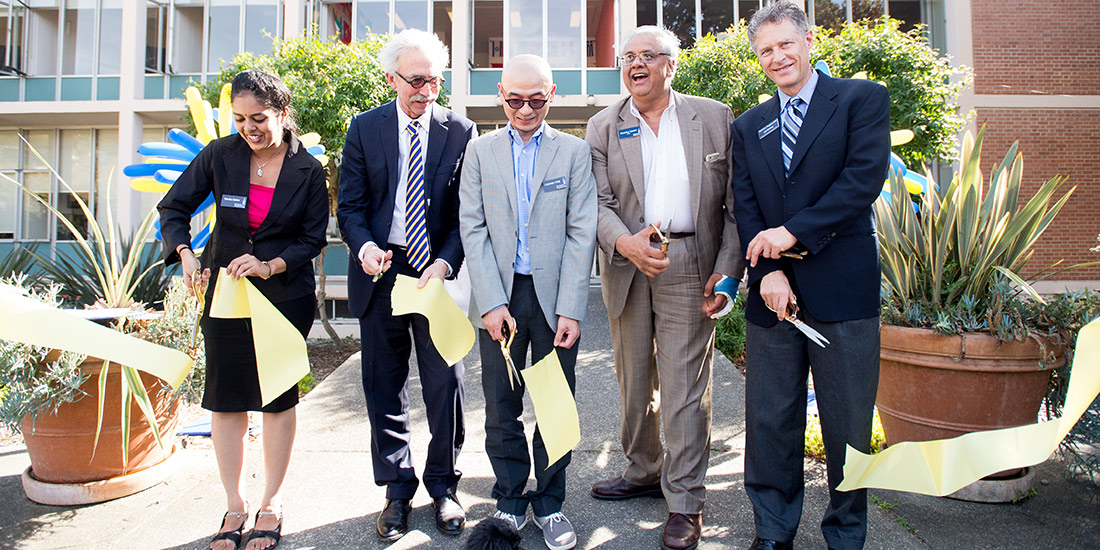Dean’s word: Ambidextrous entrepreneurs
I believe the best way to prepare our students to create high-impact technologies and ventures is to teach them the skills to be career-long innovative thinkers.
Whether at an established corporation, or at a startup operating out of a dorm room, innovators share some traits: Innovators solve problems and invent things. They tirelessly look for ways to improve.
“Berkeley is one of only two institutions in the world offering this kind of program.”
So, I think, in order to teach innovation, we must embrace it ourselves. That’s why we have created a new academic program and formed a new partnership. It is with great enthusiasm that I’m looking forward to receiving the applications for the inaugural class of the Management, Entrepreneurship, & Technology (M.E.T.) program, which will launch next fall.
Working in collaboration with the Haas School of Business, we will give M.E.T. undergraduates a more comprehensive and holistic look at the way innovative thinking can lead to impact. They will be able to graduate with two degrees, one in business and one in engineering, in four years.
The new program adds to the college’s already thriving innovation ecosystem. Our Sutardja Center for Entrepreneurship and Technology, Fung Institute for Engineering Leadership and Jacobs Institute for Design Innovation, along with many campus partners, are all working in concert to meet the growing demands of our students looking for a technically focused, yet multidisciplinary education.
 The Fung Institute celebrates its fifth anniversary with a move to larger quarters; read more.Our goal is not to create better engineers, or better business leaders. Rather, our goal is to develop an integrated skillset and foster ambidextrous thinkers who are capable of designing, implementing and scaling solutions that will create value and solve some of the world’s most pressing challenges.
The Fung Institute celebrates its fifth anniversary with a move to larger quarters; read more.Our goal is not to create better engineers, or better business leaders. Rather, our goal is to develop an integrated skillset and foster ambidextrous thinkers who are capable of designing, implementing and scaling solutions that will create value and solve some of the world’s most pressing challenges.
Berkeley is exceptionally well-suited to build this new model for entrepreneurial education. As of this moment, we are one of only two institutions in the world offering this kind of program.
In that spirit, I’m looking forward to our continued collaboration with Berkeley-Haas and with our friends and partners in industry. We have already been receiving inquiries from companies — in all sectors — eager to work with our M.E.T. students.
As always, I welcome your thoughts and ideas.
—S. Shankar Sastry
Dean and Roy W. Carlson Professor of Engineering
Director, Blum Center for Developing Economies

